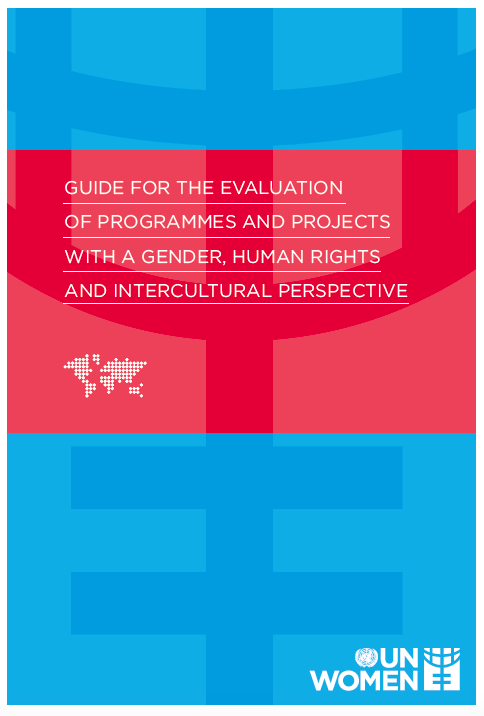
Guide for the Evaluation of Programmes and Projects with a Gender, Human Rights and Interculturality Perspective

In recent years, we have advanced progressively in the development of a conceptual and methodological basis for improving the processes of programme and project evaluation. Similarly, there is an important body of resources for the gender equality approach, and the same is true for the field of human rights.
With respect to the intercultural approach, progress has been slower and, in many cases, partial. It has been associated with the processes of consultation to Indigenous peoples when preparing or evaluating a project in a region or area where they live. All these approaches share certain characteristics: they emphasize human rights and social justice; analyse asymmetrical social relations; promote competent cultural relations between the evaluating team and the members of the community or social organizations; use mixed and culturally appropriate methods for social action; and apply feminist theory, critical race theory, post-colonialist theories, etc.
This Guide has been elaborated with the intent of integrating these approaches into the UN Women evaluation cycle. It is a practical tool for those who undertake, manage and/or use evaluations.
View online: